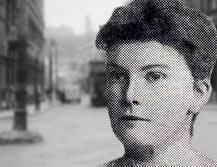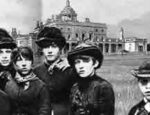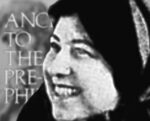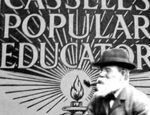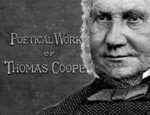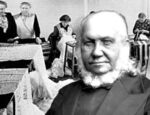Description
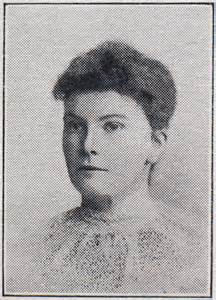 Meet Enid Stacy (1868-1903), the Bristol Classics teacher who became a militant socialist after supporting the striking workers in a local sweet factory. Her family were Christian socialists. Her father, Henry Stacy, was an artist and her mother came from a comfortably-off family of Midland hardware merchants. After excelling in her senior Cambridge examination at the age of 16, Enid won a scholarship to University College, Bristol, from which in 1890 she was able to pass the examinations for a London BA in Arts. She always put those initials after her name.
Meet Enid Stacy (1868-1903), the Bristol Classics teacher who became a militant socialist after supporting the striking workers in a local sweet factory. Her family were Christian socialists. Her father, Henry Stacy, was an artist and her mother came from a comfortably-off family of Midland hardware merchants. After excelling in her senior Cambridge examination at the age of 16, Enid won a scholarship to University College, Bristol, from which in 1890 she was able to pass the examinations for a London BA in Arts. She always put those initials after her name.
Her father’s Bristol studio was a meeting place for the British Socialist Society, visited by William Morris and Eleanor Marx. Enid took a tutoring position at Redland High School for Girls, and was inspired by the radical politics of the Head of Classics there, Katharine Conway (later Glasier). Enid joined the Gasworkers and General Labourers’ Union in 1889, and helped the Bristol cotton workers’ strike of 1890, becoming Secretary of the Association for the Promotion of Trade Unionism among Women.
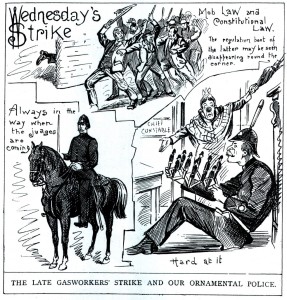 But the event that changed her life was the Redcliff Street strike of 1892, sparked off when the owner of Bristol Confectionary Works, J.A. Sanders, banned his workers (all women) from joining or forming a Trade Union. Enid became Honorary Secretary of the Strike Committee and tirelessly argued with Sanders in the Letters columns of the Bristol Mercury and Daily Post, signing herself Enid Stacy BA. Katharine Glasier later recalled that she often came home at midnight ‘with draggled skirt and swollen feet after hours of patient standing about in the effort to win laundrywomen to a trade union’ (Labour Leader, 12 Sept 1903).
But the event that changed her life was the Redcliff Street strike of 1892, sparked off when the owner of Bristol Confectionary Works, J.A. Sanders, banned his workers (all women) from joining or forming a Trade Union. Enid became Honorary Secretary of the Strike Committee and tirelessly argued with Sanders in the Letters columns of the Bristol Mercury and Daily Post, signing herself Enid Stacy BA. Katharine Glasier later recalled that she often came home at midnight ‘with draggled skirt and swollen feet after hours of patient standing about in the effort to win laundrywomen to a trade union’ (Labour Leader, 12 Sept 1903).
Stacy was frequently in trouble with the police and was sacked from her job as schoolteacher. She devoted herself to campaigning for socialism and the rights of women as a member of the Independent Labour Party. She spoke at 122 meetings in 1894 alone. On one occasion, when the police tried to arrest her for addressing the unemployed in Liverpool, she climbed on top of a tramcar and continued her rousing harangue. She died, some said of exhaustion, at the age of only 35.

